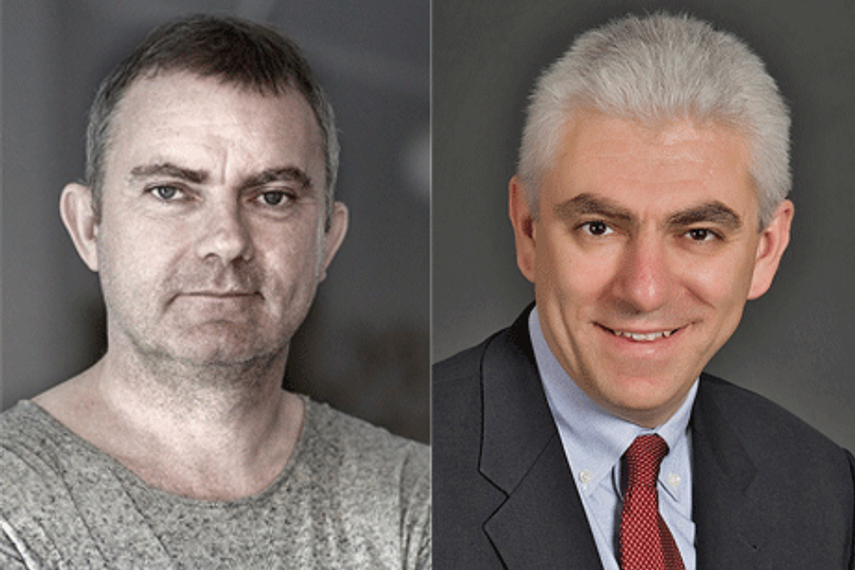
Please sign in or register
Existing users sign in here
Having trouble signing in?
Contact Customer Support at
[email protected]
or call+91 22 69489600
With both advertising and PR agencies handling social media campaigns, Jagadeesh Krishnamurthy poses the question to agency heads on who delivers it better.

Contact Customer Support at
[email protected]
or call+91 22 69489600
Top news, insights and analysis every weekday
Sign up for Campaign Bulletins
The latest ad films and campaigns from brands like District by Zomato, CRIF India, Himalaya BabyCare, Episoft, House of Glenfiddich, Cumin Co. Scalefusion, and more, in our weekly roundup.
Titan’s ‘Humari Diwali’ film spotlights retail staff who keep the festive spirit glowing—even as they spend it behind the counter.
As festive ad clutter peaks, reward-led engagement — with experiential incentives, gamified participation, and frictionless redemption — can help brands cut through noise.
As gen AI powers faster campaign production, marketers confront a new paradox — efficiency at the expense of emotion, and originality lost in translation.